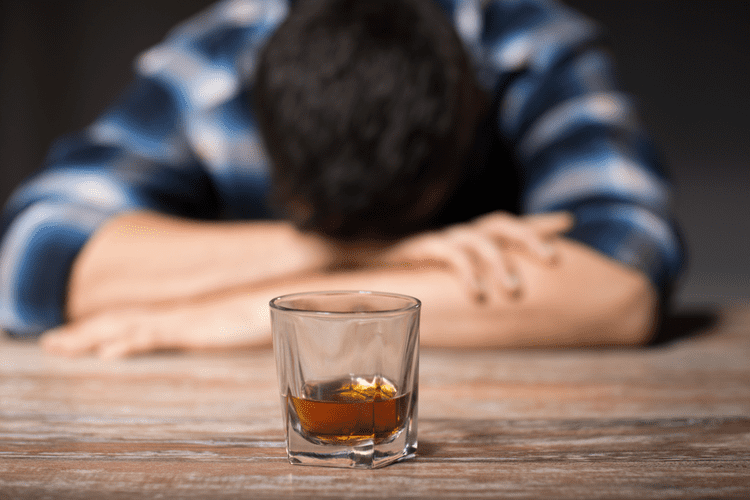Alcohol’s Effects on the Body National Institute on Alcohol Abuse and Alcoholism NIAAA
Content
This is a sign they’ve started drinking at home to keep their problem private. With these conditions, you’ll only notice symptoms during alcohol intoxication or withdrawal. These symptoms typically improve quickly when alcohol use stops. That’s because drinking during pregnancy doesn’t just affect your health.
Alcohol use disorder is a progressive disease that includes a beginning, middle, and end stage, which can result in life-threatening health conditions. It’s not often talked about, but left untreated, alcohol use disorder can be a fatal disease. In fact, it contributes to about 88,000 deaths annually in the U.S., making alcohol the third leading preventable cause of death in the United States. Diagnosis is based on a conversation with your healthcare provider. The diagnosis is made when drinking interferes with your life or affects your health.
Alcohol’s Effects on the Body
Poor physical care and an unkempt appearance are serious problems if this issue affects the workplace, social circles or family life. It can occur when the liver can no longer filter https://www.excel-medical.com/5-tips-to-consider-when-choosing-a-sober-living-house/ out a yellow-orange substance in the blood, causing it to show up in the skin, according to WebMD. In darker-skinned people, it may be more noticeable in the whites of the eye.

On the spectrum of alcoholism, dependency usually reveals more substantial markers or more intense physical signs of alcoholism. Additionally, according to Healthline, alcoholism can increase the risk of viral and bacterial infections, heart disease, and hardening of the liver, also known as cirrhosis. Alcohol is an intoxicating drug that can induce physical addiction. At present, over 18 million American adults in the U.S. are battling an alcohol use disorder.
Some Physical Signs and Symptoms of Alcohol Addiction
Immune system
Drinking too much can weaken your immune system, making your body a much easier target for disease. Chronic drinkers are more liable to contract diseases like pneumonia and tuberculosis than moderate drinkers. Drinking a lot on a single occasion slows your body’s ability to ward off infections–even up to 24 hours after getting drunk. Even after paying the fines and fulfilling all legal obligations, the DUI can still follow the convicted individual for some time.
Just like other forms of substance abuse, people can become dependent on alcohol, resulting in a dangerous and sometimes deadly addiction. Heavy alcohol use has many negative effects on a person’s health, mental health, and lifestyle. In fact, people with alcohol use disorder have an average lifespan that’s 24 to 28 years shorter than people without alcohol addiction.
Drinking Regardless of Health Issues
For clarity, alcoholism is a non-clinical descriptor that encompasses a wide variety of behaviors related to alcohol abuse. The more apt term is alcohol use disorder, which incorporates heavy drinking and binge drinking. More accurately, however, alcohol use disorder includes at least two or more factors outlined by the Diagnostic and Statistical Manual of Mental Disorders (DSM-5). The DSM-5 outlines a set of 11 different criteria that help physicians and addiction specialists diagnose AUD and identify its severity. Most of us think alcohol problems are reserved for those who get up in the morning and start drinking. Alcohol dependency, or alcoholism, is a slippery slope but often doesn’t occur overnight.
- When women drink heavily, their fertility can be affected.
- The information we provide is not intended to be a substitute for professional medical advice, diagnosis or treatment.
- If your loved one is suffering from alcoholism, there is help.
- A person who is physically dependent
on alcohol may also experience cravings — an intense need or desire to drink. - Blackouts are most common after binge drinking – quickly elevating blood alcohol contents.
Drinking heavily reduces your body’s natural immune system. A weakened immune system has a harder time protecting you from germs and viruses. No amount of alcohol is considered safe for pregnant people. Difficulty absorbing vitamins and minerals from food can cause fatigue and anemia, a condition where you have a low red blood cell count.
